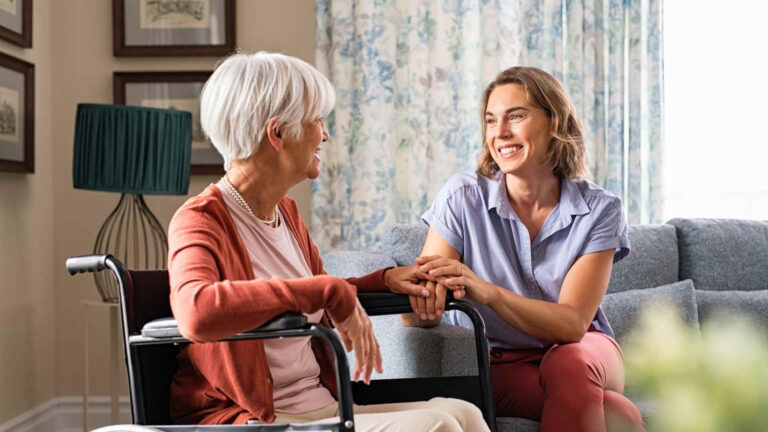
These services recognize that most older adults want to stay in familiar surroundings rather than move to institutional care facilities, but they may need help with specific tasks like cleaning, meal preparation, or transportation. Independent living services in Australia have revolutionized how seniors maintain their autonomy while receiving the support they need to age safely at home. The Australian government’s commitment to aging-in-place policies has created a comprehensive network of support services that enable seniors to make their own choices about daily activities while ensuring their safety and wellbeing. This approach not only improves quality of life for seniors but also reduces healthcare costs and keeps families together during the aging process.
Home Care Packages Provide Flexible Support Options
Australia’s Home Care Package system offers four different levels of support, from basic help with housework and gardening to comprehensive care for people with complex health needs. Level 1 packages provide around $9,000 annually for basic support services, while Level 4 packages can exceed $55,000 yearly for intensive care needs. This tiered system allows seniors to receive exactly the amount of support they need without paying for unnecessary services.
The consumer-directed care model means seniors control how their package funding gets spent. Instead of accepting predetermined services, they can choose which providers to use, what services to prioritize, and how to schedule their care. Some seniors might prefer more housekeeping help and less personal care, while others prioritize transportation and meal services over home maintenance.
Package portability allows seniors to change service providers if they’re unsatisfied with care quality or want different services. This competition between providers has improved service quality across the industry and gives seniors real power to demand better care. Seniors can also take their packages with them if they move to different locations within Australia.
Technology Integration Enhances Safety and Independence
Smart home technology has become increasingly integrated into independent living services. Medication reminder systems, fall detection devices, and emergency alert systems provide safety monitoring without requiring constant human supervision. These systems can detect emergencies and automatically contact family members or emergency services while allowing seniors to maintain privacy during normal daily activities.
Telehealth services have expanded dramatically, allowing seniors to consult with doctors, specialists, and allied health professionals from their homes. This reduces transportation barriers and makes healthcare more accessible for seniors with mobility limitations. Regular health monitoring through technology helps identify potential problems before they become serious enough to require hospitalization.
GPS tracking and transportation apps specifically designed for seniors help maintain mobility independence. These systems can provide navigation assistance, connect seniors with accessible transportation options, and give family members peace of mind about their loved one’s whereabouts without being intrusive.
Social Connection Programs Combat Isolation
Loneliness and social isolation affect over one-third of Australian seniors, contributing to depression, cognitive decline, and physical health problems. Independent living services now include structured social programs that connect seniors with community activities, volunteer opportunities, and peer support networks.
Intergenerational programs pair seniors with younger volunteers for technology training, conversation, and shared activities. These relationships provide emotional support for seniors while giving younger people valuable life experience and wisdom from older generations. Many programs have evolved into lasting friendships that enrich both participants’ lives.
Community transport services don’t just provide rides to medical appointments – they connect seniors with social activities, shopping trips, and cultural events. Many services use volunteer drivers who provide companionship along with transportation, turning necessary trips into social opportunities that reduce isolation.
Specialized Services Address Unique Needs
Veterans’ independent living services provide specialized support that recognizes military service and understands veteran-specific health and social needs. These services often include additional funding and specialized providers trained in veteran care issues like PTSD, service-related injuries, and military culture.
Culturally and linguistically diverse (CALD) seniors receive services in their preferred languages with providers who understand cultural preferences around food, family involvement, and care approaches. This cultural competency ensures that independent living services work effectively for Australia’s diverse senior population.